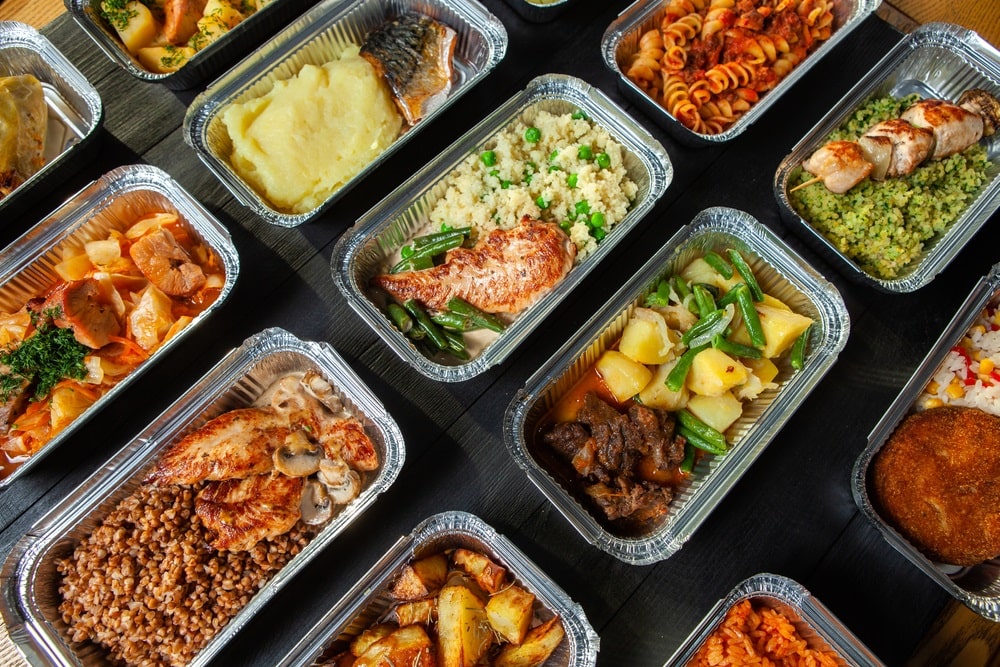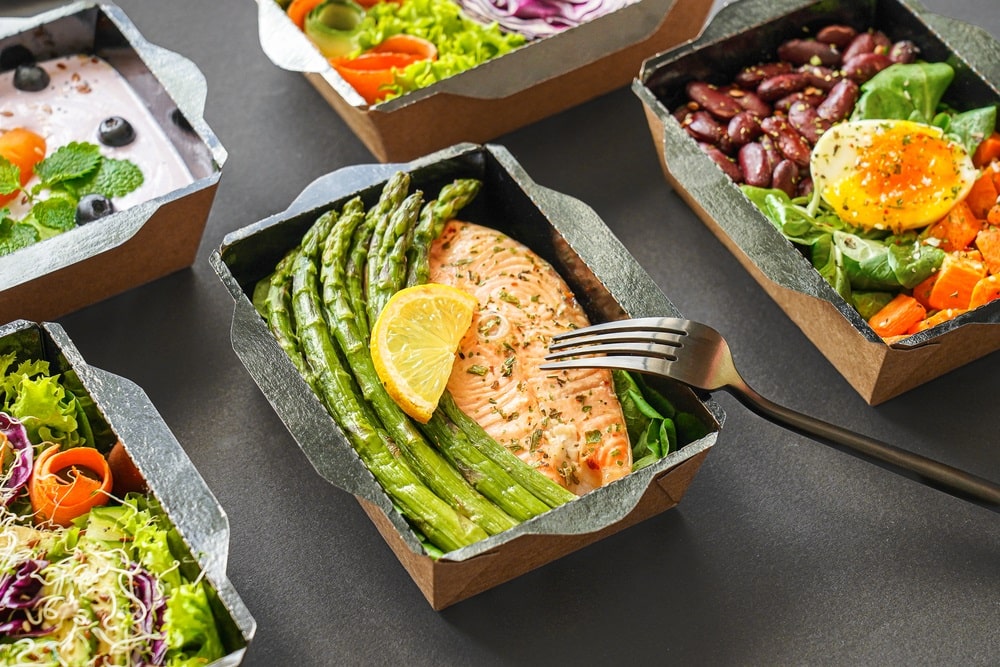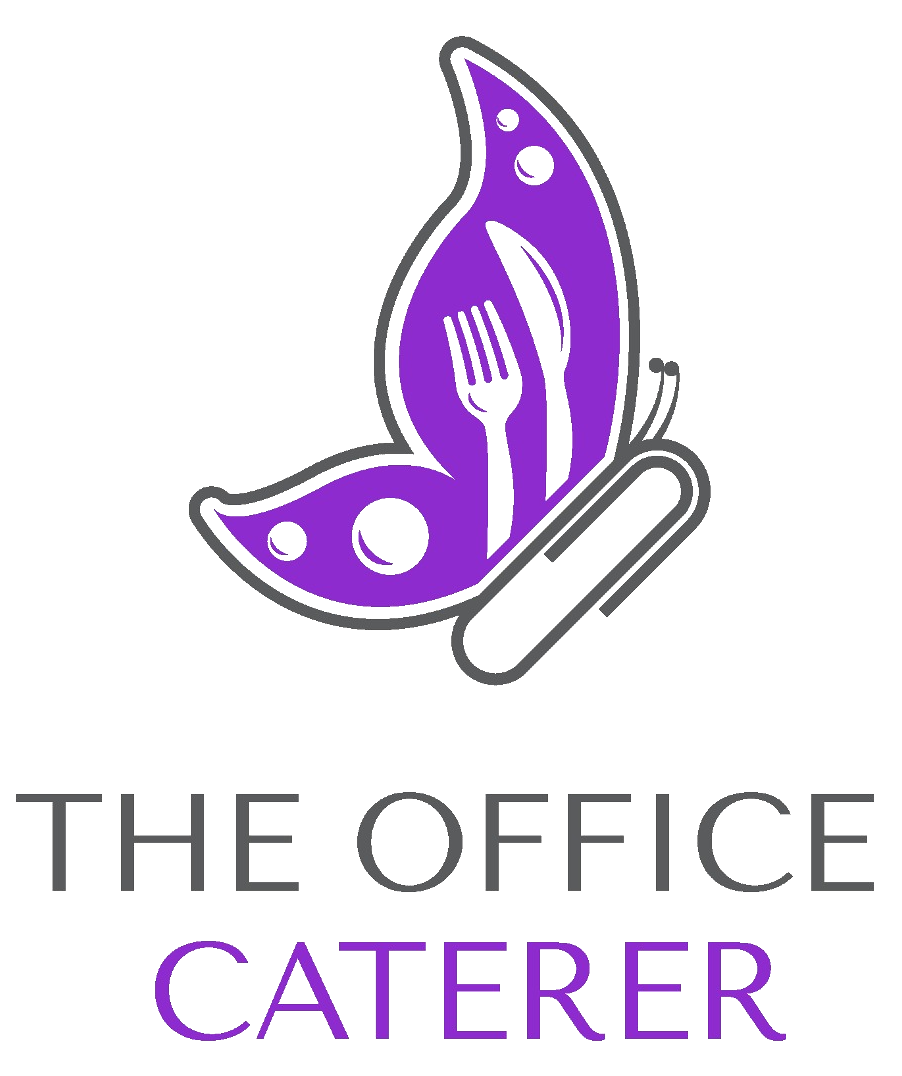In the modern business landscape, the demand for corporate catering services has surged, reflecting a shift in how companies approach their operational and cultural needs. As businesses increasingly prioritize efficiency, employee well-being, and professionalism, the role of corporate catering services has expanded significantly. These services go beyond merely providing food; they play a crucial role in enhancing workplace morale, streamlining event planning, and projecting a polished corporate image. Whether for a high-stakes client meeting or a casual team luncheon, corporate catering services offer tailored solutions to meet diverse office needs. In this blog by the office caterer, we will delve into the essentials of corporate catering services, their benefits, and how to choose the right provider to elevate your office events.
Contents
What Are Corporate Catering Services?
Corporate catering services encompass a broad range of professional food and beverage solutions designed specifically for business environments.

These services cater to various types of office gatherings, including but not limited to breakfast meetings, business lunches, training sessions, conferences, and company-wide celebrations. The core purpose of corporate catering is to provide a seamless dining experience that aligns with the professional setting and meets the expectations of a corporate audience. This involves not only the preparation and delivery of food but also the integration of service elements such as setup, service staff, and cleanup.
Corporate caterers work closely with businesses to tailor their offerings to the specific needs and preferences of the organization, ensuring that every event, regardless of its scale, is executed flawlessly.
Benefits of Corporate Catering
The benefits of incorporating corporate catering into your business operations are manifold. Firstly, convenience is a significant advantage.

Organizing meals for office events can be logistically challenging and time-consuming. Corporate catering services alleviate this burden by handling all aspects of food preparation, delivery, and service, allowing event organizers to focus on the core objectives of the event. Secondly, corporate catering contributes to professionalism. High-quality catering reflects positively on the company, enhancing its image in the eyes of clients, partners, and employees. It demonstrates attention to detail and a commitment to providing a positive experience for all attendees. Thirdly, corporate catering can boost productivity. By providing well-prepared meals on-site, companies can save time that would otherwise be spent on arranging meals or going out for lunch, thereby keeping employees on-site and minimizing downtime. Additionally, good food can enhance employee satisfaction and morale, contributing to a more engaged and motivated workforce.
Key Components of Corporate Catering
Several key components define effective corporate catering. Menu options are a critical element, as they must cater to diverse tastes and dietary needs while aligning with the event’s purpose. Corporate caterers typically offer a range of menu choices, from simple breakfast pastries and coffee to elaborate multi-course dinners, ensuring that they can accommodate everything from casual meetings to formal corporate events. Another essential component is dietary considerations. In today’s inclusive workplace, it’s crucial for caterers to offer options that meet various dietary restrictions, including vegetarian, vegan, gluten-free, and allergen-specific requirements. This inclusivity ensures that all attendees can enjoy the catering, fostering a positive and accommodating environment. Logistics also play a significant role in corporate catering. Effective corporate caterers manage the entire process from delivery and setup to service and cleanup. This includes ensuring that food is delivered on time, served at the appropriate temperature, and presented in a manner that aligns with the event’s tone. Good logistical management helps ensure a smooth and professional dining experience.
Choosing the Right Corporate Caterer
Selecting the right corporate caterer is crucial to the success of any business event. When evaluating potential caterers, several factors should be considered.

Criteria for selection include the caterer’s reputation, menu variety, and the quality of their customer service. It’s important to research and choose a caterer with a proven track record of handling similar corporate events, as this experience can significantly influence the quality of the service provided. Questions to ask potential caterers include inquiries about their experience with events of your scale, their ability to accommodate specific dietary needs, their flexibility in customizing menus, and their pricing structure. Asking these questions can help you gauge whether the caterer is a good fit for your needs and prevent any surprises regarding costs or service levels.
Popular Trends in Corporate Catering
Corporate catering trends are continuously evolving to meet the changing preferences of businesses and their employees.

One significant trend is the increasing demand for healthy options. As health consciousness rises, more businesses are requesting menus that feature nutritious, organic, and low-calorie options. Caterers are responding by offering a wider variety of health-focused meals, including salads, lean proteins, and plant-based dishes. Another growing trend is sustainable practices. Many companies are now prioritizing eco-friendly catering options, such as using biodegradable packaging, minimizing food waste, and sourcing ingredients from sustainable and local suppliers. This aligns with broader corporate sustainability goals and appeals to employees who value environmental responsibility. Technology integration is also becoming more prevalent in corporate catering. Caterers are leveraging online platforms and apps for streamlined ordering, payment, and feedback processes, making it easier for businesses to manage their catering needs and for caterers to provide a more responsive and efficient service.
Challenges and Solutions in Corporate Catering
Despite its many advantages, corporate catering can present several challenges. Common issues include managing last-minute changes and accommodating diverse dietary requirements.

Effective communication with your caterer is key to addressing these challenges. Clearly outlining dietary guidelines and expectations well in advance can help ensure that all needs are met. Maintaining flexibility and having contingency plans can also be beneficial. For example, having a few extra portions or alternative dishes available can help accommodate unexpected dietary restrictions or increased attendance. Additionally, working with a caterer who has experience with corporate events can help anticipate and manage potential issues, ensuring a smooth and successful event.
How to Get Started with Corporate Catering
Initiating corporate catering services for your office involves a few straightforward steps. Planning is the first step, which includes identifying the type of event, the number of attendees, and the desired menu options.

This helps define the scope of the catering required and allows you to communicate your needs clearly to the caterer. Budgeting is another critical step. Establish a budget that covers all aspects of catering, including food and beverages, delivery, service staff, and any additional services such as setup and cleanup. A well-defined budget can help you manage costs and avoid unexpected expenses. After the event, collecting feedback from attendees is essential for continuous improvement. This feedback can provide valuable insights into what worked well and what could be improved, helping you make more informed decisions for future events.
FAQs
What services are typically included in corporate catering?
Corporate catering usually includes a comprehensive range of services such as menu planning, food preparation, delivery, setup, service, and cleanup. Some caterers also offer additional services like event planning and coordination.
How can I ensure that dietary needs are met?
To ensure that all dietary needs are met, communicate specific dietary requirements to your caterer well in advance. Choose a caterer known for their ability to accommodate various diets and consider providing a variety of options to cater to different preferences.
What is the average cost of corporate catering?
The cost of corporate catering varies based on factors such as menu choices, the number of attendees, and the event location. Most corporate catering services offer packages that can be tailored to different budgets, so it’s important to discuss pricing options with your caterer.
How far in advance should I book a corporate caterer?
It’s advisable to book a corporate caterer at least 2-4 weeks in advance. This lead time helps ensure availability and allows adequate time for planning and menu customization.
Conclusion
Corporate catering services offer a versatile and professional solution for managing a wide range of office events. By partnering with a reliable caterer, businesses can streamline event planning, impress clients and employees, and create a more enjoyable and productive work environment. Whether you’re planning a small meeting or a large corporate gathering, exploring corporate catering services can provide the convenience, professionalism, and quality needed to elevate your office events. Ready to take your office event to the next level? Explore our corporate catering services today and experience the difference for yourself. Contact us now.

